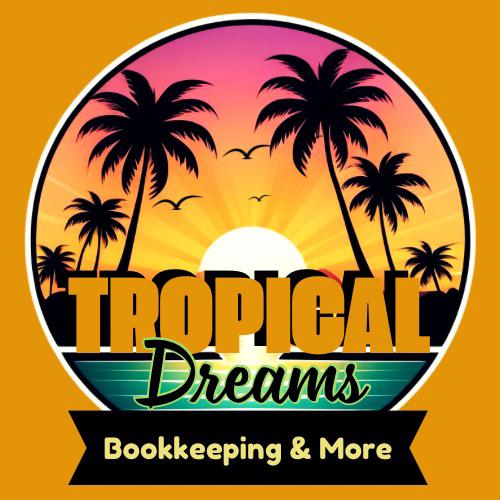Running a small business comes with a multitude of questions and challenges. If you’re a business owner or aspiring entrepreneur, you might have queries that don’t often get the spotlight. Below are some frequently asked questions (FAQs) that you may not have thought to ask but are essential for your business’s success.
1. Why should my personal and business bank accounts be separate?
Keeping your personal and business bank accounts separate is crucial for several reasons. First, it simplifies your bookkeeping by making tracking business income and expenses more manageable. Secondly, separating your finances can help protect your assets from liability issues should your business face legal challenges. Plus, it improves your credibility with customers and vendors.
2. Where do I apply for a business license?
The process for obtaining a business license may vary depending on your location and business type. Typically, you can find information and applications on your local government or city’s website. It’s essential to check whether you need a general business license, a sales tax permit, or specific licenses based on your industry.
3. Should I become a sole proprietor, LLC, or S-Corp?
Choosing the proper business structure depends on your needs and goals. A sole proprietorship is easy to set up and manage but offers no personal liability protection. A Limited Liability Company (LLC) protects liability while allowing flexible taxation options. An S-Corporation can also limit personal liability and may provide tax advantages, but it involves more formalities. Consult with a legal or financial advisor to determine the best structure for your situation.
4. How do I set up an accounting system for my business?
To set up an accounting system, choose software that fits your business needs (like QuickBooks, which I highly recommend their online version). Keep track of income and expenses, set up a chart of accounts, and establish a routine for recording transactions. If numbers aren’t your thing, consider hiring a bookkeeper to help you maintain accurate financial records.
5. What expenses can I deduct from my taxes?
Your business’s necessary and ordinary expenses can typically be deducted from your taxes. This includes office supplies, travel expenses, utility bills, and marketing costs. It’s wise to keep detailed records and receipts to support your claims during tax season.
6. How do I set prices for my products or services?
Setting prices can be tricky. Start by analyzing your costs, including materials, labor, and overhead. Next, research your competitors to gauge market rates. Finally, consider your target audience’s willingness to pay and examine your value proposition. It’s crucial to strike a balance between profitability and competitiveness.
7. How can I improve my online presence?
Improving your online presence involves several strategies, including creating a user-friendly website, optimizing for search engines (SEO), and being active on social media platforms. Consider content marketing to share valuable information with your audience and engage with customers through newsletters or email campaigns.
8. What should I know about hiring employees?
When hiring employees, it’s important to understand employment laws, including wages, benefits, and workplace safety regulations. Conduct background checks and interviews to find the right fit for your company culture. Also, remember to have clear employment contracts and policies in place.
These FAQs help you understand the important parts of running a small business. Whether you’re just starting out or looking to streamline your operations, staying informed and prepared is vital for your success. If you have more specific questions, don’t hesitate to reach out to a Quickbooks ProAdvisor like myself. Feel free to contact me via my email at dannagmcintire@gmail.com and I’d be happy to direct you in the right direction.
Remember, knowledge is power, and every successful entrepreneur starts with curiosity!

